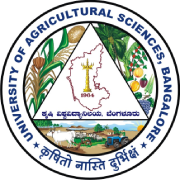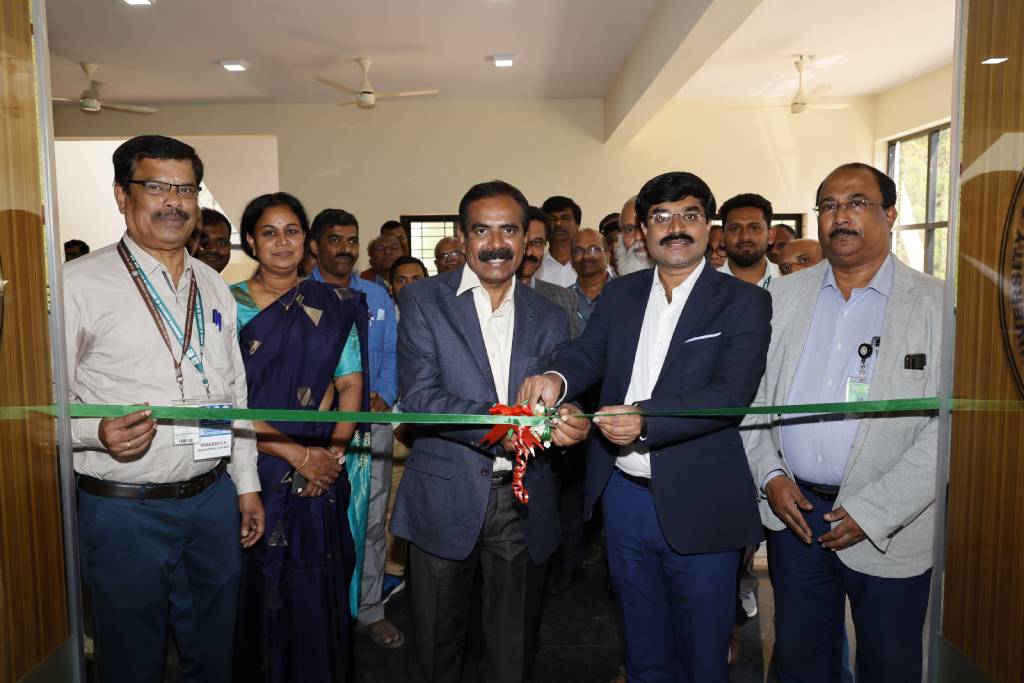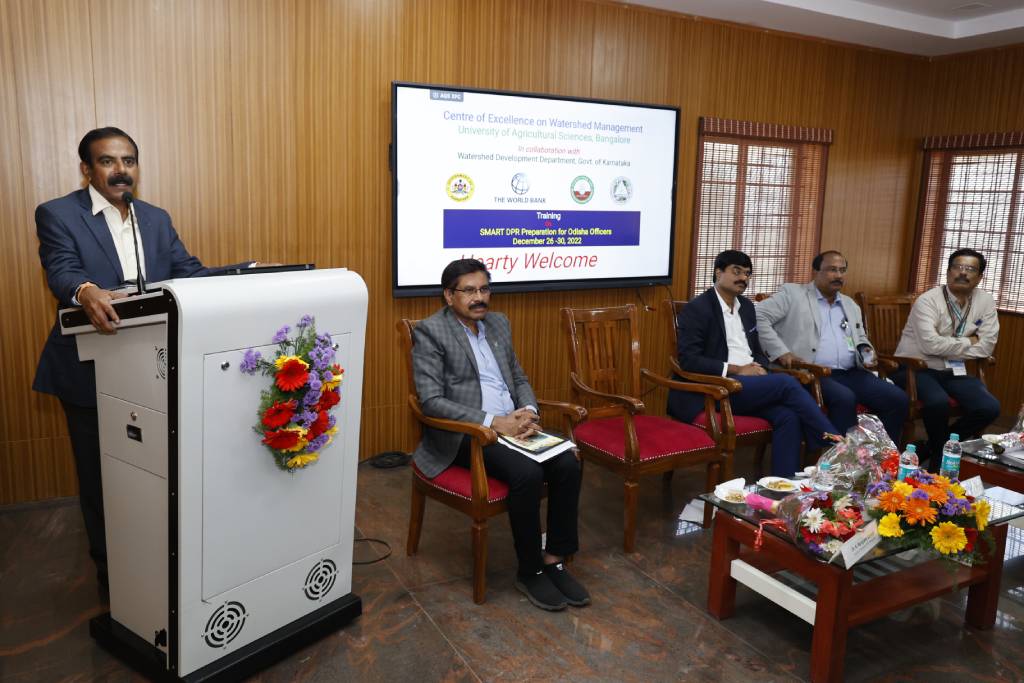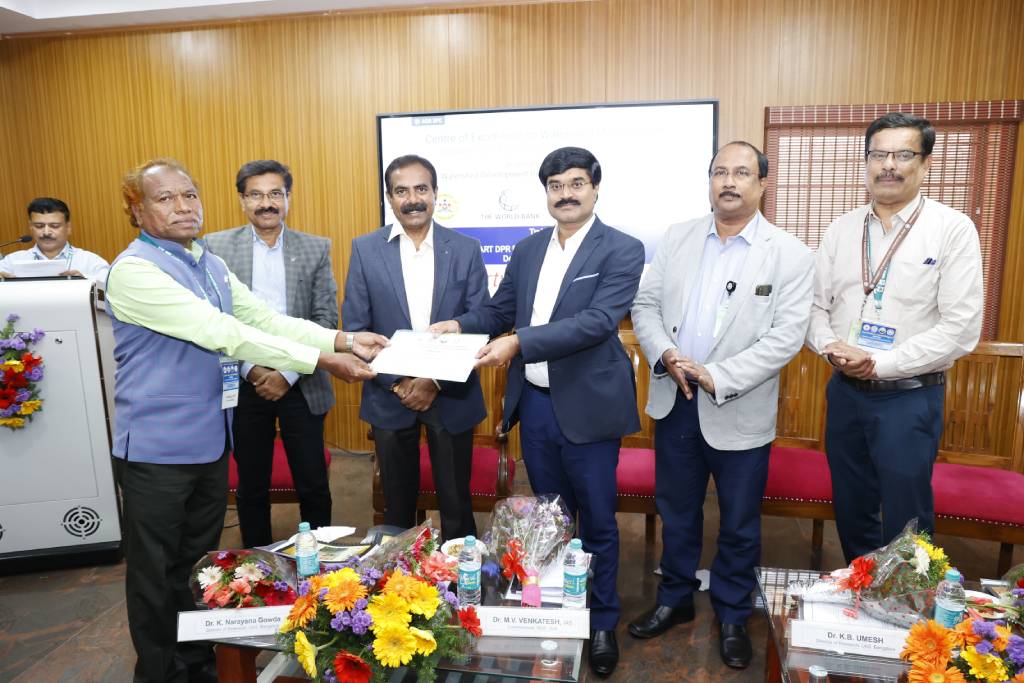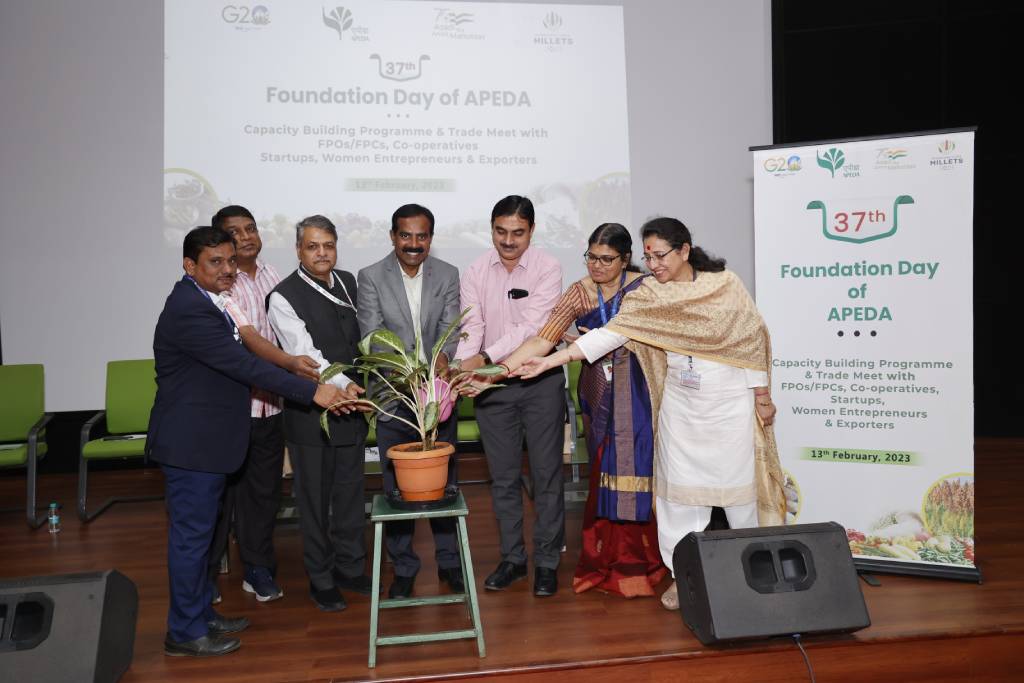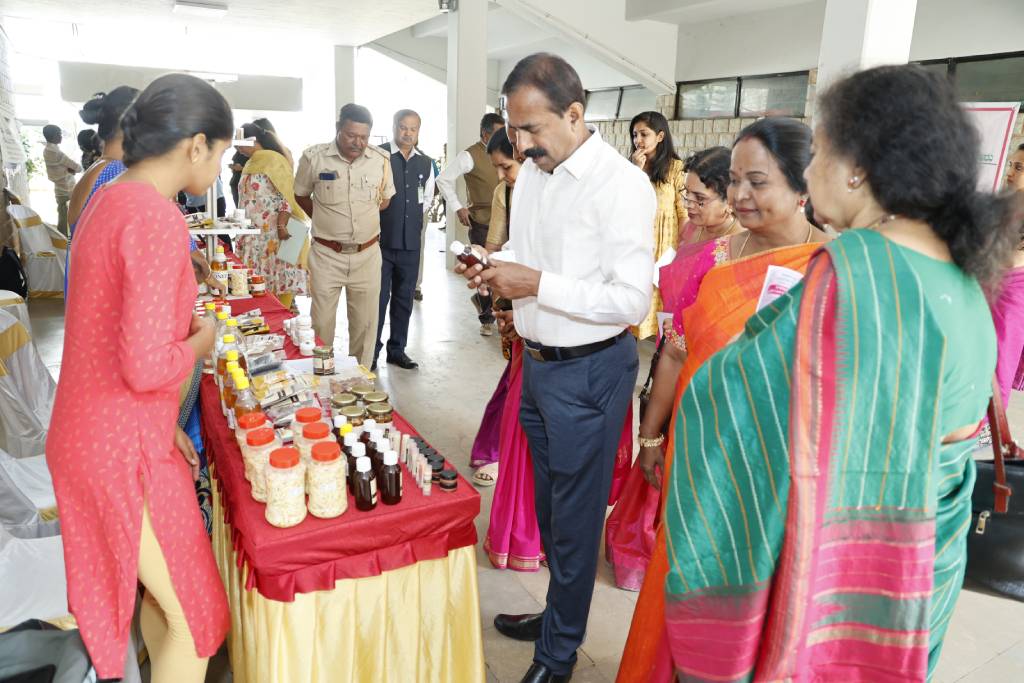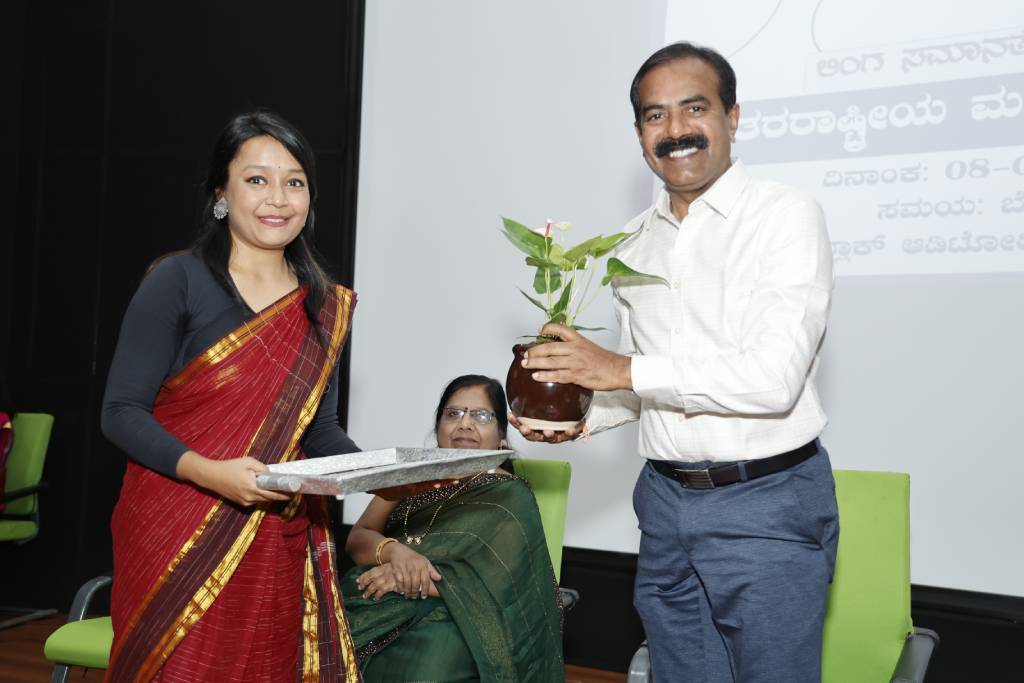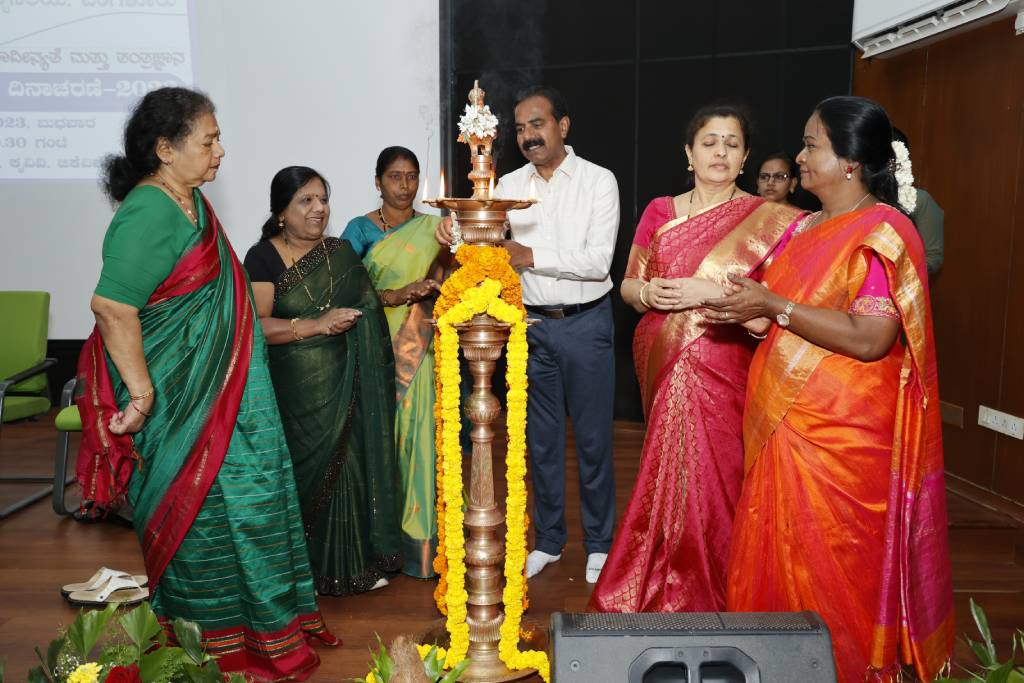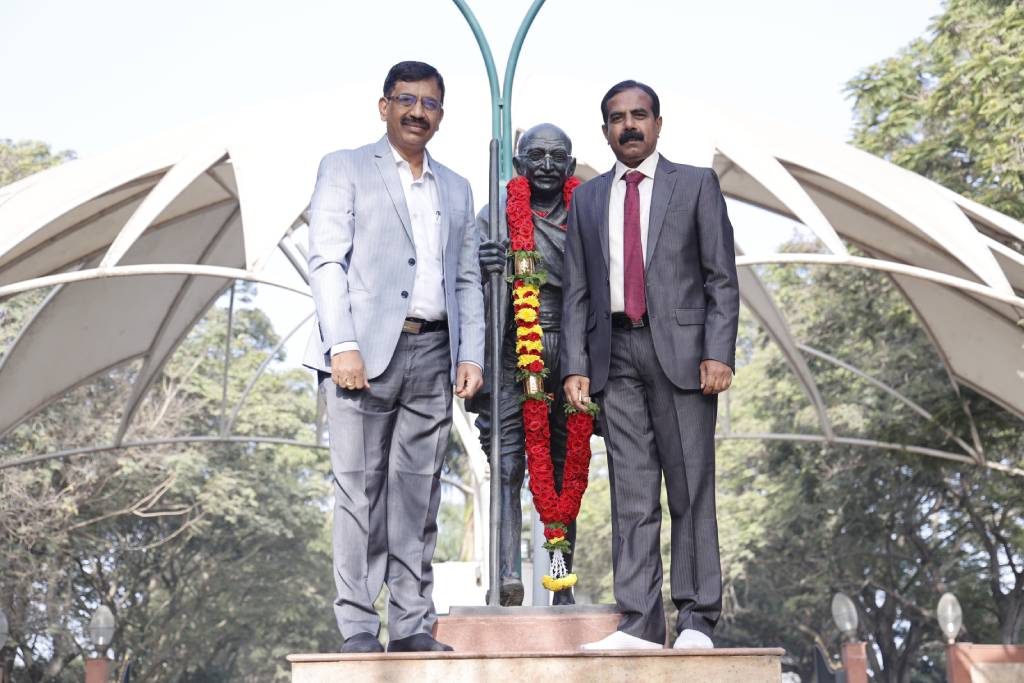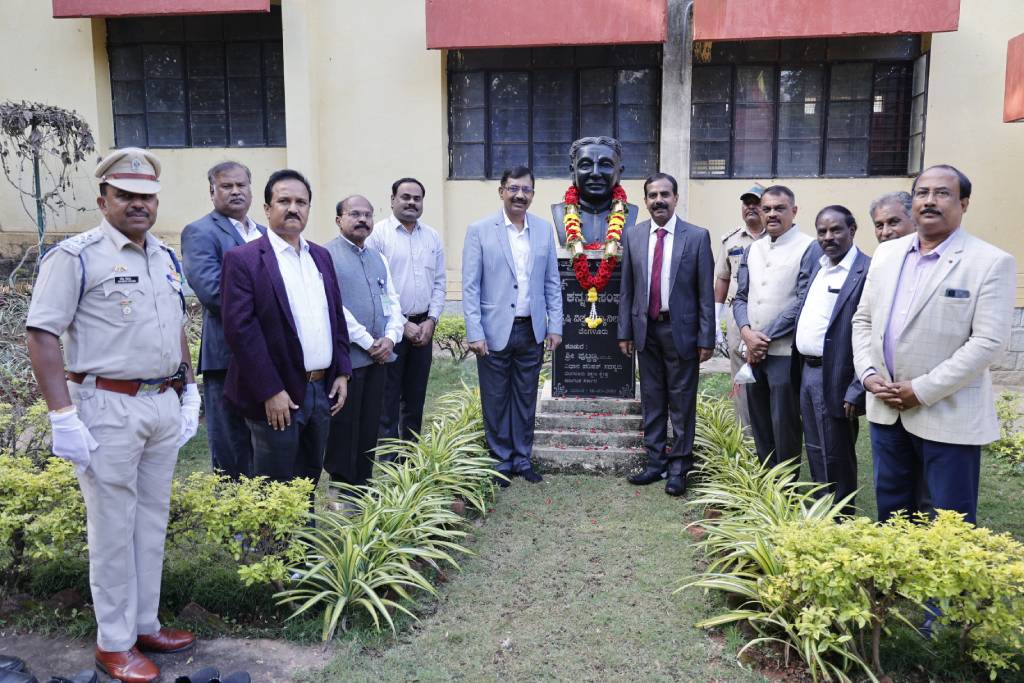

Dr. S. V. Suresha
Vice-Chancellor’s Message
The University of Agricultural Sciences-Bangalore (UAS-B) was the first State Agricultural University (SAU) in Karnataka established in 1963. The visionary leaders of the nation realized the importance of modern science and technology and higher education as means to shore up the food production in the country. In less than a decade of the establishment of UAS-B and a few other SAUs in the country India recorded a phenomenal jump in food production.
It is a matter of great pride for UAS-B to have played out its role in ushering in a quantum leap in food production in the state through a slew of technological interventions in the 1970s and 80s. The unbounded enthusiasm of the faculty left no stone unturned and no crop untouched – from the traditional cereal-pulse-oilseed cropping system to viticulture, every crop got its due attention on innovations in production technology. All these made Karnataka a model state in agriculture.
While the university’s contributions are truly laudable, we must also not lose track of the fact that much of this was achieved through very important but basic interventions like improved varieties, better crop nutrition and improved agronomic practices. In other words, we had a rich harvest of the low-hanging fruits in the last century. Reaching higher in the twenty-first century poses new challenges; of depleting natural resources like water, climate change, stagnating yields in crops especially in pulses and oilseeds, rebound of pests and disease and the slow pace of indigenous efforts in mechanization, to name but a few.
UAS Bangalore is committed to pushing the boundaries of innovation in areas like precision agriculture, improved water use efficiency and biotic resistance in crops, molecular breeding, protected cultivation, climate resilient technologies, water saving irrigation systems, mechanization for small farms, and value addition of farm produce.
The university’s academic programmes aim to empower graduates as key contribution to agricultural innovation. The vast network of colleges, research stations and extension centres of the university will be required to play an influential role in this endeavour.
Despite the formidable challenges, I am confident that University of Agricultural Sciences-Bangalore will meet the challenges of the farming sector in the coming years.
I deem it an honour and privilege to be able to work along a highly motivated and committed faculty to ensure that the universityto fulfil our responsibilities in agricultural education, research and extension striving towards a hunger free world.

-
- Page Visitors Count:
- Last Updated: May 19, 2023
- Site Statistics
